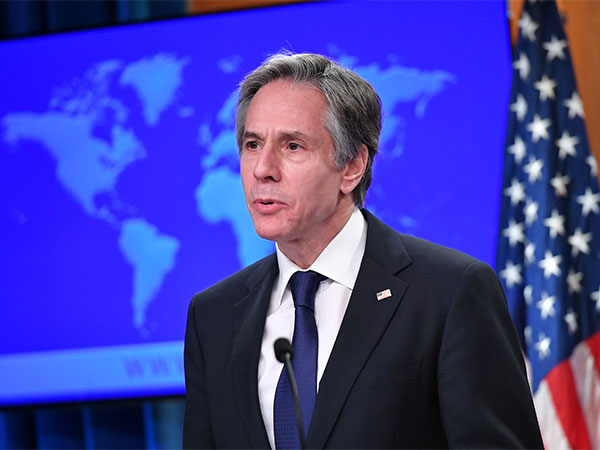US Secretary of State Antony Blinken has said that Iran’s breakout time, the amount of time required to make enough weapons grade material for a nuclear weapon, “is now probably one or two weeks” as Tehran has continued to create its nuclear program, CNN reported.
Blinken’s assessment comes as Iran in recent months has taken steps to boost its production of fissile material. In his remarks at the Aspen Security Forum on Friday, Blinken said, “Where we are now is not in a good place.”
He said, “Iran, because the nuclear agreement was thrown out, instead of being at least a year away from having the breakout capacity of producing fissile material for a nuclear weapon, is now probably one or two weeks away from doing that,” CNN reported.
“They haven’t produced a weapon itself, but that’s something of course that we track very, very carefully,” he added.
Antony Blinken noted that the policy of the US is to prevent Iran from getting nuclear weapon and the administration would seek to stop that from happening through diplomacy.
Over a year ago, a top US Defence Department official said that Iran could now produce “one bomb’s worth of fissile material” in “about 12 days.” The Biden administration has held indirect negotiations with Iran for over a year to revive the Iran nuclear deal, from which the US withdrew in 2018 under the Trump administration, according to CNN report.
The efforts of the Biden administration collapsed in 2022, as the US accused Iran of making “unreasonable” demands regarding an investigation by the International Atomic Energy Agency (IAEA) into unexplained traces of uranium found at undisclosed Iranian sites. Following this, the Biden administration for months stressed that the Iran nuclear deal was “not on the agenda.”
Iran’s new President has suggested they are open to hold talks with the West. Speaking to CNN, the US State Department said that they no longer believe that there can be a return to the nuclear deal as Iran has engaged in too many escalatory acts in the years since talks between two sides stopped.
The official said, “We’re in a very different world, a lot of time has elapsed, Iran has done a lot of things that make a return to JCPOA non-viable.”
The US State Department also said that there is no anticipation that the recent election in Iran will change the behaviour of the country.
Earlier this month, US State Department spokesperson Matthew Miller said, “We have no expectations that this election will lead to a fundamental change in Iran’s direction or its policies.”
“At the end of the day, it’s not the president that has the ultimate say over the future of Iran’s policy; it is the supreme leader, and of course we have seen the direction that he has chosen to take Iran in. Obviously, if the new president had the authority to make steps to curtail Iran’s nuclear program, to stop funding terrorism, to stop destabilizing activities in the region, those would be steps that we would welcome. But needless to say, we don’t have any expectations that that’s what’s likely to ensue,” he added.-ANI


